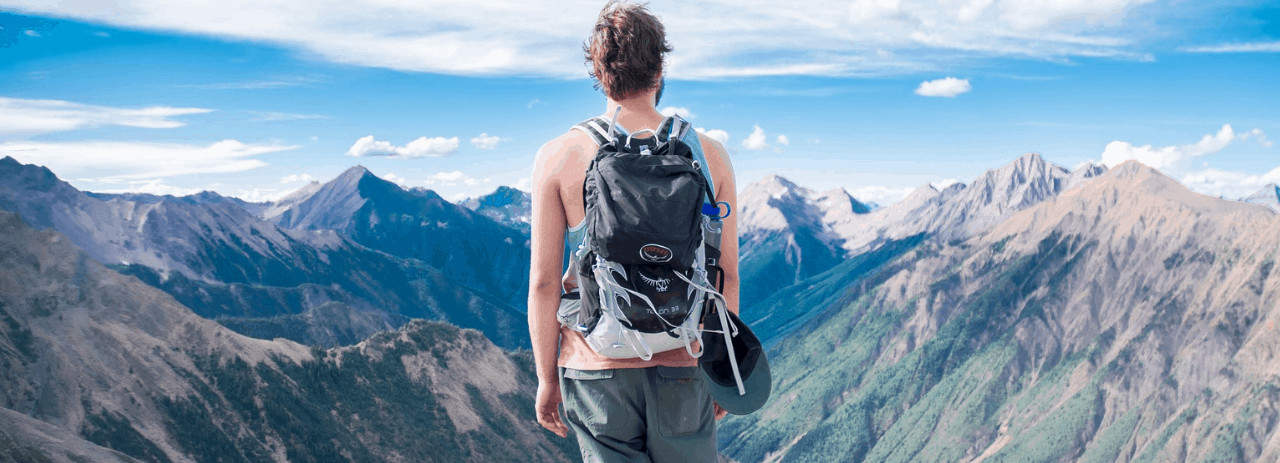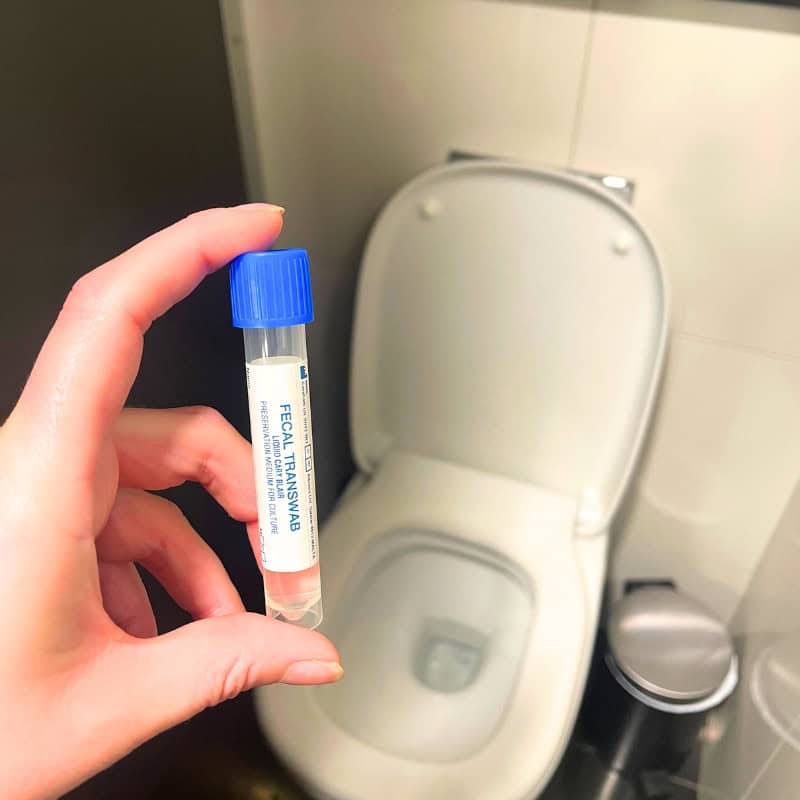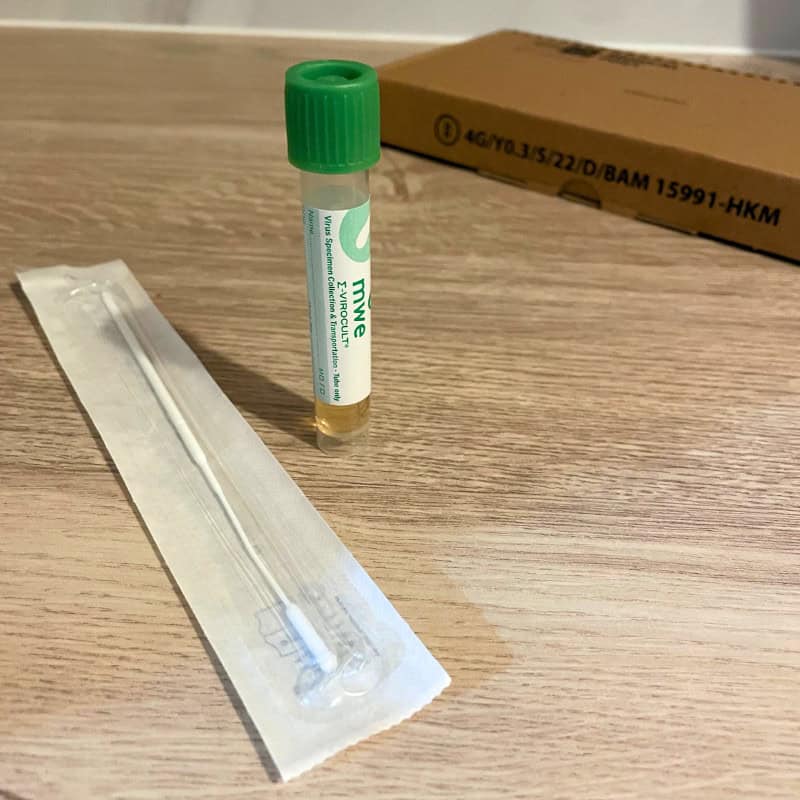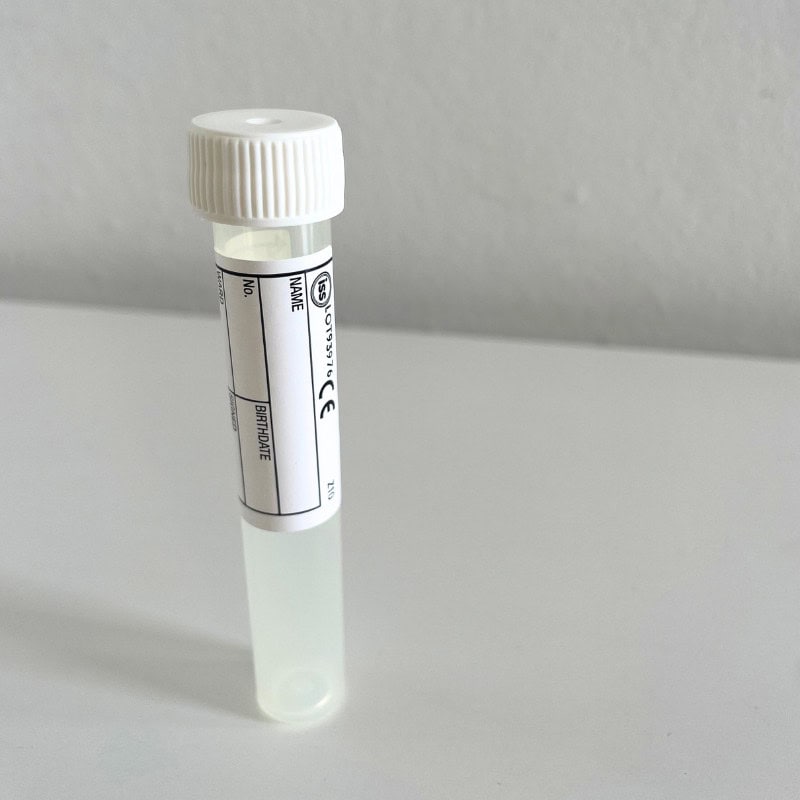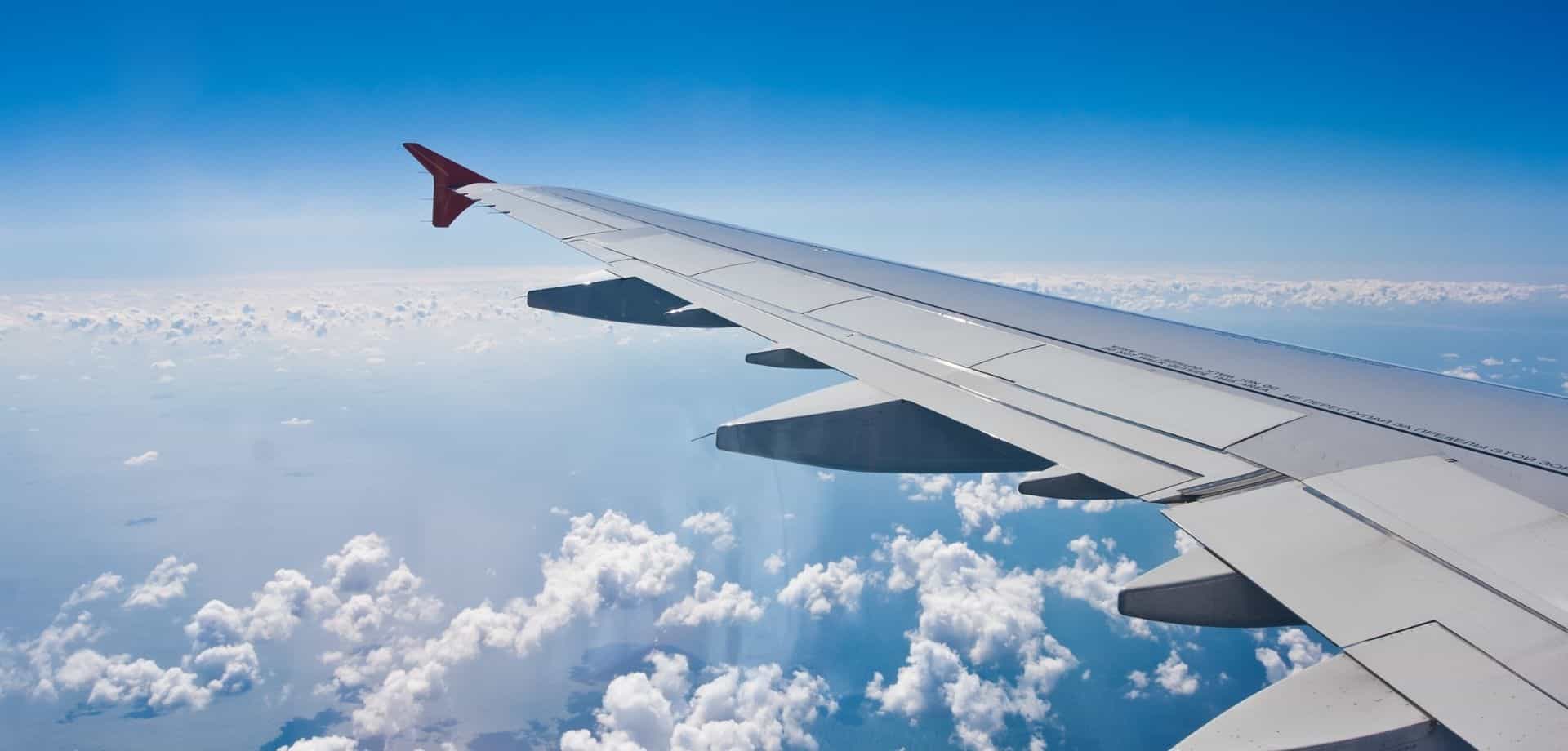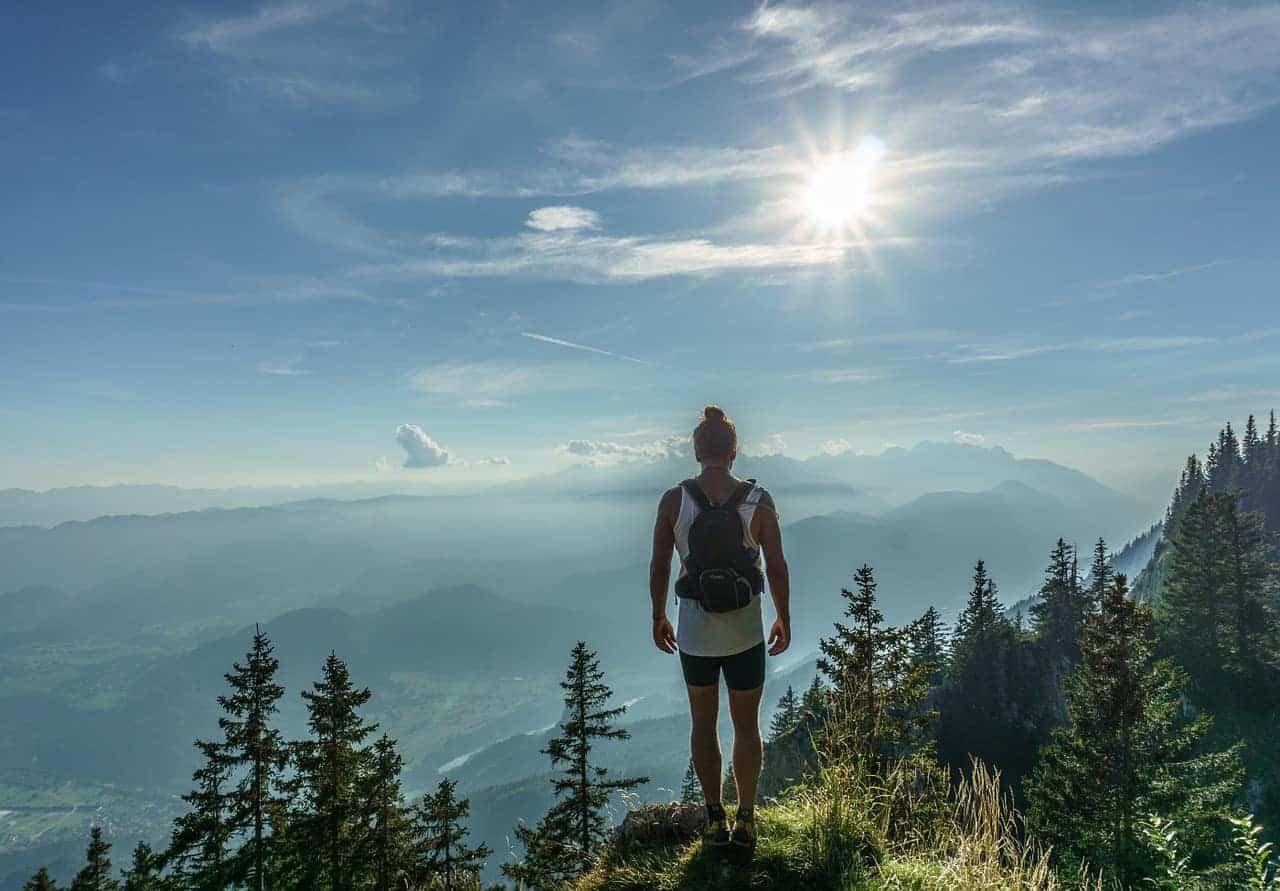Month: July 2018
Hiking in Halifax or off-roading in the Rockies?
Despite the cosmopolitan cities on Canada’s coasts, the real allure of this country is the vast wilderness and countryside that lies between. Whether it be by hiking, camping, canoeing, or cycling, adventure travel in this country is on the up. When travelling to well-developed countries where healthcare standards are the same as our own, many travellers don’t consider travel health, nor taking first aid supplies or medications with them. However rich the country, travellers facing remote destination should always be prepared with some basic medications and supplies on hand to treat the most minor of injuries. First aid supplies can vary from a couple of plasters to comprehensive medical and trauma kit, and the kit you decide to take will depend upon what you intend to do whilst away.
Here is a guide on what to pack in your adventure medical kit:
- Cuts bruises scrapes and strains are the most common injuries when doing outdoor adventures.
- Take some antiseptic cream and waterproof dressings in various sizes and a few bandages in case of sprains or strains.
- If you plan on trekking, compeed blister pads and zinc oxide tape works wonders.
- Basic medications to relieve minor illnesses – painkillers, and antihistamines and antacids
- Tummy trouble can be tiresome. Take alcohol hand gel to keep your hands clean on the road, and medication such as loperamide and rehydration salts if you do get sick.
- Bug proof yourself. Midges can be present which cause irritation and some areas can have ticks which spread disease. Take repellent to prevent, and a steroid based cream in case you so get bitten.
- Take ample supply of any prescription medication you take regularly and carry the prescription with you in case you require replenishment.
The Fleet Street Clinic stocks travel sickness medication, travel vaccines and medical travel kits. Our experienced travel clinic nurses can help advise with any queries or more information on Canada.
Book a travel consultation appointment online.
By Anna Chapman | Travel Nurse | July 2018
Bali
Bali ranks as one of the most popular destinations to visit in Asia. It is crowned as the jewel of the Pacific ocean, with its white powder beaches, tropical waters and lush green rain forests. However, those who seek out this tropical paradise will need to spend an average of 18 hours travel time to reach the island, and will need to take more than one flight.
Be aware, long haul flying can increase the risk of a Deep Vein Thrombosis (DVT). A DVT can form in the legs when a person is immobile – usually in a confined space for a long period of time. The longer the period of immobility, the greater the risk of developing a DVT. It is also worth noting that a DVT can break off and travel through the veins to other parts of the body such as the lungs where it can be life threatening, while certain medications and medical conditions can increase an individuals chance of developing a DVT.
Prevention
- Ensure you stay mobile. Get up regularly, and walk around the plane to keep your circulation going.
- Do exercises that help your calf muscles contract in order to aid circulation.
- Keep hydrated by drinking plenty of non-caffeinated and non-alcoholic beverages.
- Wear loose and comfortable clothes to prevent any physical restrictions.
- Consider wearing compression flight stockings.
The Fleet Street Clinic stock compression stockings, travel vaccines and medical travel kits. Our experience team of travel nurses can help advise with any queries or more information on Bali.
Travellers should also be up to date with vaccinations against Diphtheria, Tetanus and Polio, Hepatitis A and Typhoid. Vaccinations against Japanese Encephalitis, Rabies and Hepatitis B should also be considered.
FLEET STREET TRAVEL CLINIC
Book your travel appointment today
By Anna Chapman | Travel Nurse | July 2018
Peru
Peru is a fabulous destination for trekking. Whether it be hitting the 2400m mark of the Inca Trail to Machu Pichu or the dizzying heights of Ausangate at 6000m above sea level, preparation for travelling at altitude is key.
At heights of 2500m and above, air pressure is only half of what it is at sea-level, leading to a reduction in the amount of oxygen available. This ascent to high altitude is what causes altitude sickness, or acute mountain sickness. Subsequently, if one rapidly ascends to high altitude, and the body has not had sufficient time to acclimatise, altitude sickness can occur.
Mild symptoms can include:
- Nausea
- Headache
- Vomiting
- Sleeplessness
However, altitude sickness can quickly evolve into more serious forms that affect either the lungs or the brain. Specifically, pulmonary or cerebral odema (a build-up of fluid in the lungs or brain) can develop, which can be fatal.
Best Preventions
- Ascend to altitude slowly
- Do not exceed a sleeping altitude of 10,000 feet for the first few nights
- Do not exceed your sleeping altitude by 1000 feet per day
- Ensure you maintain good hydration and nutrition
Is there medicine for altitude sickness?
Many people who are travelling to altitude use DIAMOX (Acetazolomide). These are tablets that can help speed the body’s acclimatisation, and they are available at Fleet Street Clinic. Acetazolomide can be used as both a preventative medicine and as a treatment.
Additional Information
It is recommended that all travellers are up to date with their routine immunisations when travelling to Peru. All travellers should ensure that they have received a vaccination against diphtheria, tetanus, and polio in the last ten years. All travellers are advised to ensure they have been vaccinated against Hepatitis A and Typhoid.
There may be a need for additional immunisations. Depending on the nature of the trip, destinations visited, and the duration of both travel and activities, other vaccinations could be considered. These include:
- Hepatitis B
- Rabies
- Meningitis ACWY
- Cholera
There is a risk of malaria in areas of Peru and antimalarial medication may be advised. Furthermore, prevention against insect bites in Peru is essential.
FLEET STREET TRAVEL CLINIC
Book your travel appointment today
By Anna Chapman | Travel Nurse | July 2018

